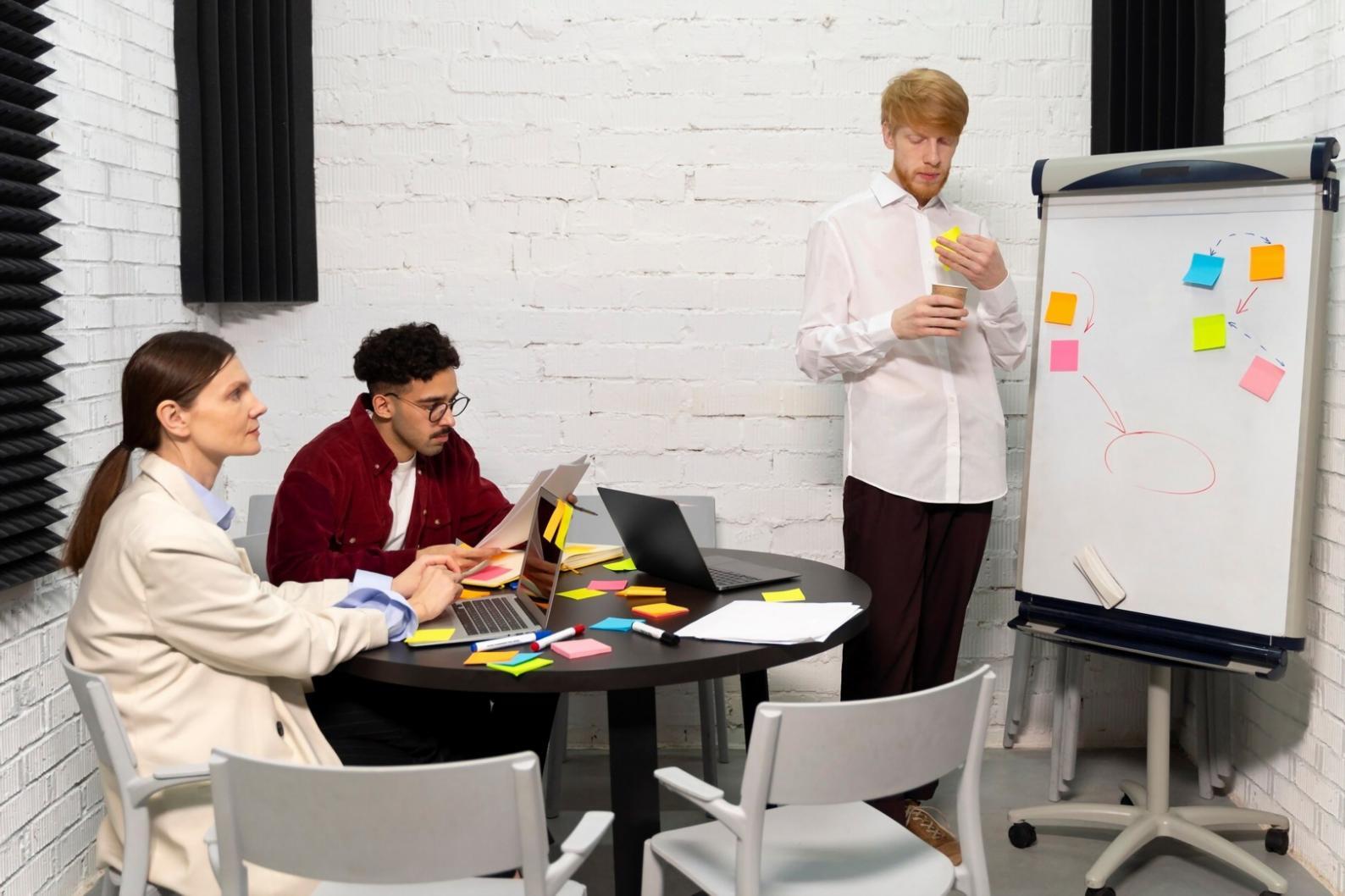How We Teach Financial Planning
Most people struggle with budgeting because they start with restrictive rules instead of personal priorities. Our method flips that around.
Define Your Actual Goals
Not generic targets like "save more." Real ones: buying a specific item, building an emergency fund worth three months of expenses, or funding a trip next autumn.
Map Current Spending Patterns
Track where money actually goes for a month. No judgment—just data. You'll probably find surprises in small recurring charges or underestimated categories.
Build Your Custom System
Create a budget structure that fits your rhythm. Some prefer weekly check-ins, others monthly reviews. The framework adapts to how you operate.
Program Structure and Timeline
Our next cohort begins October 2025. The program runs sixteen weeks with flexible pacing for working adults.
Foundation Module
Understanding money psychology and identifying spending triggers. We look at behavioral patterns that sabotage even well-intentioned budgets.
Weeks 1-4
Budget Architecture
Learn allocation methods that work in practice. Zero-based budgeting, envelope systems, and percentage approaches. Choose what fits.
Weeks 5-9
Goal Integration Workshop
Connect short-term budgets to longer objectives. Calculate realistic timelines and build milestone tracking into your monthly routine.
Weeks 10-13
System Maintenance
Strategies for handling budget disruptions, seasonal variations, and unexpected expenses without derailing progress.
Weeks 14-16
Why Budget Planning Feels Different Here
We don't teach restriction. That rarely works long-term. Instead, you learn resource allocation—treating your budget like a tool for decision-making rather than deprivation.
The Thailand market has unique financial rhythms. We incorporate local economic patterns and cultural spending priorities that affect how people here think about money.
Students leave with a personalized budget system they've tested for at least eight weeks during the program—not theoretical templates.



Ready to Build Financial Clarity?
Applications for October 2025 intake open this summer. Class size stays limited to maintain quality feedback and discussion.
